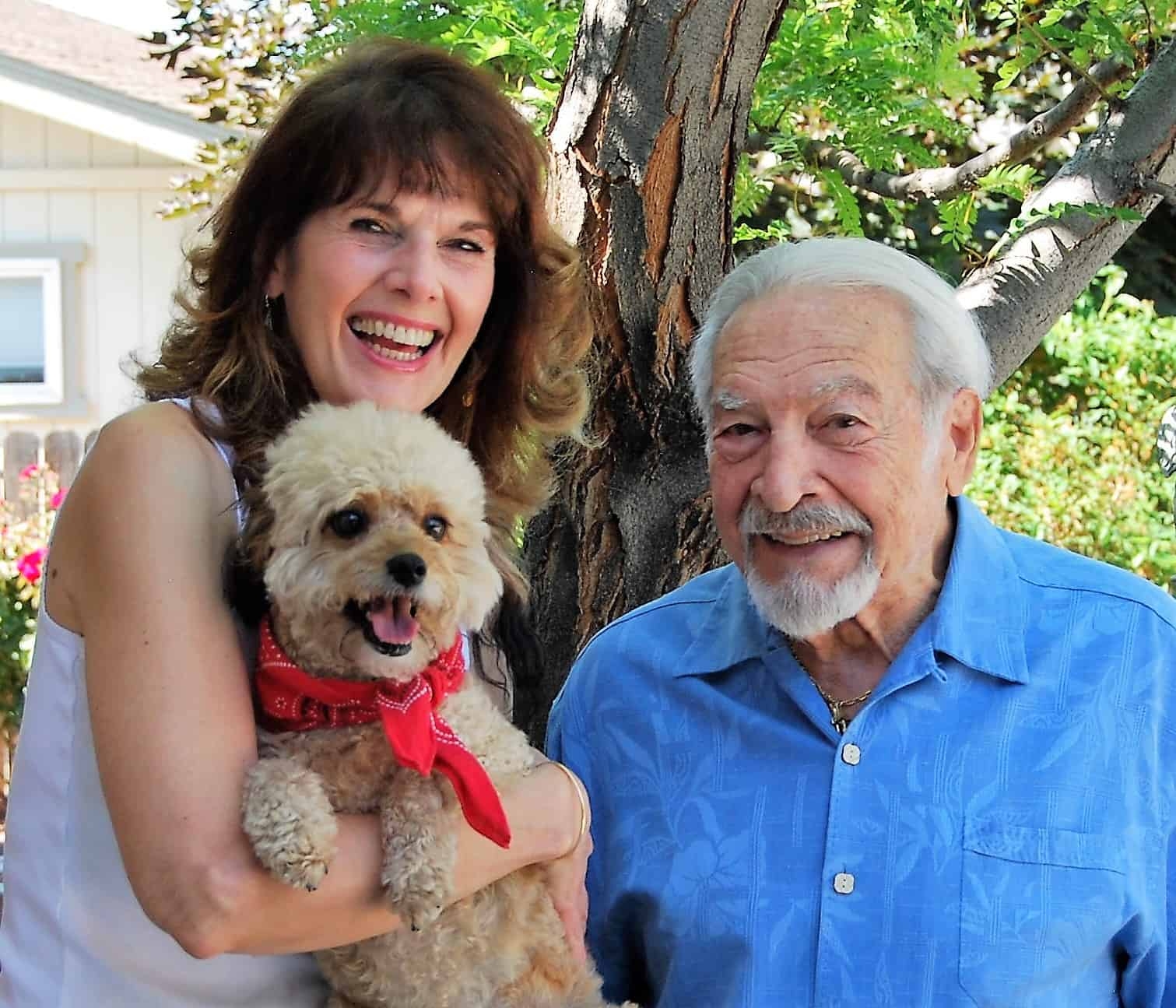I’m writing this on Christmas Day, 2020. It’s my first Christmas without my husband of 43 years. He died earlier this year of COVID-19, but in reality, he’d been “gone” for longer, with dementia. He is infinitely better off as, ironically, am I, and I am genuinely happy for him, for his spirit. But if you are the loved one of a person with dementia, especially a spouse, their departure leaves some unsettledness behind. In my case, some of the questions revolve around whether I did the best I could for him. All who know us, friends and family, say an unqualified Yes, but I think about the times I was angry with him, when I locked myself in my bedroom and turned out the lights while he beat on my door rather than my trying again to diffuse his fear and paranoia. When I had to put a lock on the refrigerator to keep him from putting gardening tools and kitchen sponges in our food. When the policeman, who returned him to the house after a neighbor blessedly reported him walking down the street in a t-shirt and nothing else, sternly counseled me to install higher locks on the doors. And I did. And kept them locked all the time, keeping him a virtual prisoner in the home we built together 29 years ago.
A beloved friend and neighbor of ours whose husband had Alzheimer’s counseled me, “Don’t wait til you hate him”, in making a decision to move him to memory care. If you have confronted or are confronting this decision for a loved one, it’s likely the hardest decision you’ve ever made. It was excruciatingly hard for me and I vacillated and debated for a long time. There were a couple of “final straws” and the realization that my husband was potentially not safe in the house in an emergency because he would no longer follow my directions (couldn’t reliably get him out in a fire) helped me to make the decision. He had only been in the memory care facility for two weeks when he picked up COVID. My choice to move him there ended his life prematurely. My choice to move him there set him free. Depending on the day and time, either or both of these statements are true. The further I am from the immediacy of the circumstances, the more comfortable I am that, in the big picture, I did the right thing. For him. And for me.
The last two years of Christmas, ’18 and ’19, I put Christmas lights outside but couldn’t decorate inside because my husband destroyed whatever I put out. Not because he didn’t like it, but because it was something new, something different in our house and “wrong”. This year I eagerly unboxed and put out the survivors, smiling and remembering their sources, how those various harbingers of the Christmas Season were collected over the years.
My husband’s niece, one of my closest friends and his favorite family member, sent me an ornament for the tree. It’s a silver heart, flat with an open heart cutout in the middle and a little redbird hanging inside, with the inscription “Whenever a cardinal appears, a loved one is near”. In the note accompanying, she said that the uncle she knew had been gone a long time and now that he’s deceased there will never be a chance for him to be his old self. She mused that her statement was irrational, but it was incredibly comforting to me and I knew exactly what she meant. Her acknowledgment of her uncle’s long transition reaffirmed for me that it was he who changed and not me. As a caregiving spouse, it’s far too easy, especially early in dementia progression, to begin to question your own perceptions and, sometimes, your own sanity. It’s quite the gift to have a trusted loved one help in finding one’s True North.
If you are caregiving for a loved one with dementia, know there are others who have walked your path, understand, support, and hold space for you. You matter.
Alzheimer’s Association offers help and support groups for Alzheimer’s and Dementia patients. For more information, visit https://www.alz.org/help-support.
Click here for more dementia resources or call the Community Foundation at 775-333-5499.
By Nettie Oliverio
